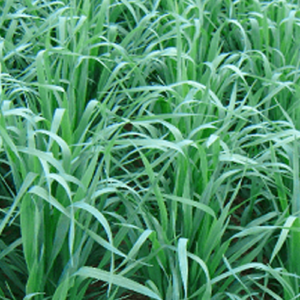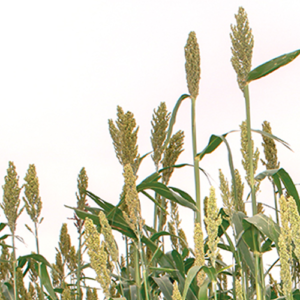Description
Peredovik sunflowers (Helianthus annuus) are a type of sunflower that is commonly used as a cover crop in agricultural systems. Here are some ways in which peredovik sunflowers can help our ecosystem:
- Soil health: Peredovik sunflowers have a deep taproot system that can help to break up compacted soil and improve soil health by promoting better water infiltration, nutrient uptake, and aeration.
- Erosion control: Peredovik sunflowers have a dense root system that helps to hold soil in place and prevent erosion, especially on sloping fields.
- Weed suppression: Peredovik sunflowers are known to have allelopathic properties, which means they release chemicals that can inhibit the growth of certain weed species, potentially reducing the need for herbicides.
- Pollinator habitat: Peredovik sunflowers produce large, attractive flowers that can provide a valuable source of nectar and pollen for bees and other pollinators.
- Carbon sequestration: As with other cover crops, peredovik sunflowers can help to sequester carbon in the soil, potentially helping to mitigate climate change.
Overall, peredovik sunflowers are a versatile cover crop that can provide a range of benefits for soil health, biodiversity, and climate change mitigation, making them a valuable tool for sustainable agriculture and ecosystem management




